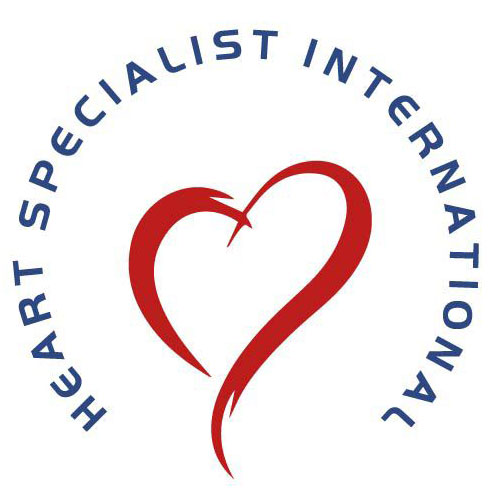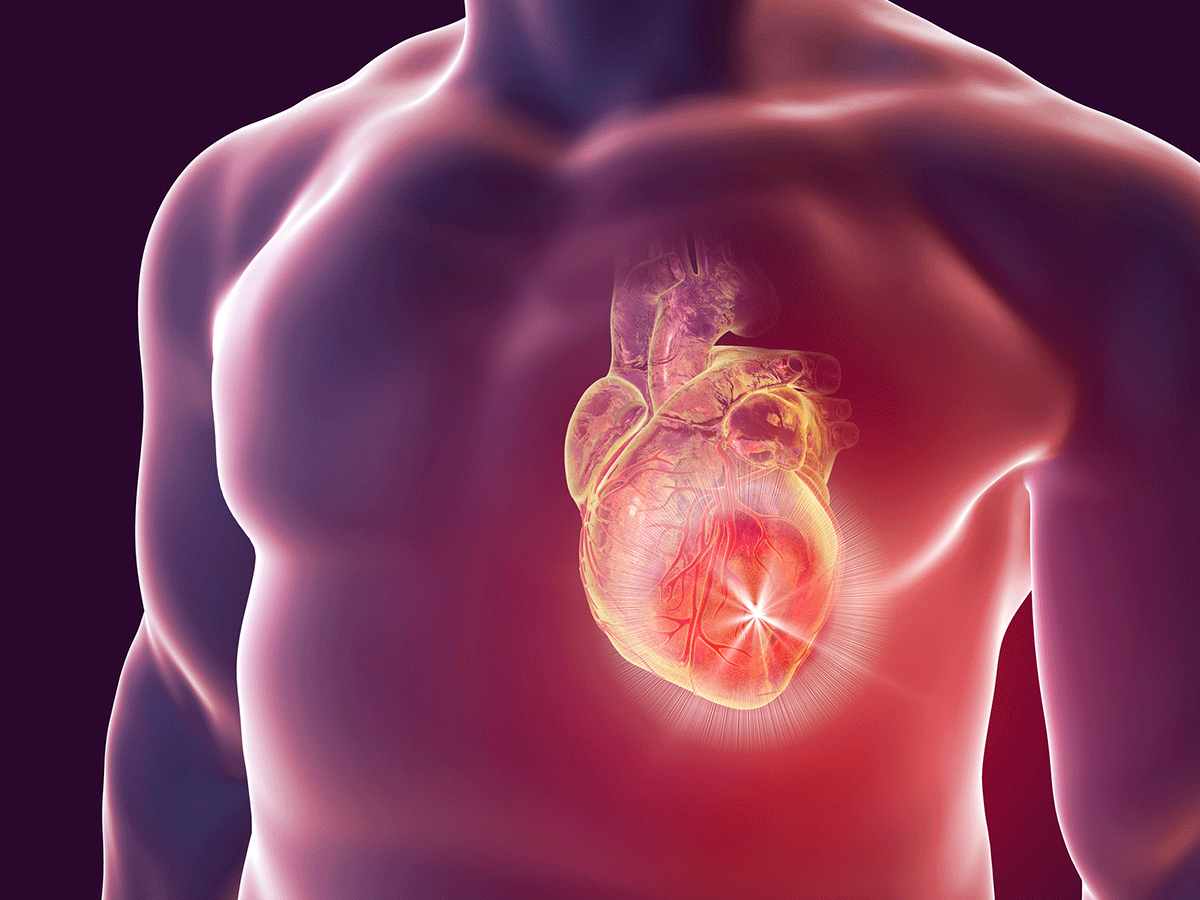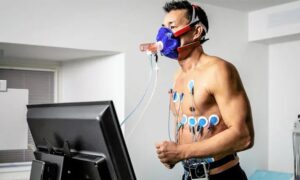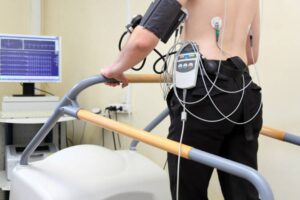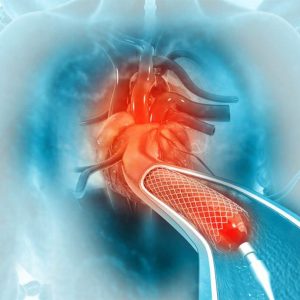If you’ve been scheduled for a heart perfusion test (sometimes called a myocardial perfusion scan), feeling a little nervous is normal. But with a bit of preparation, you can help make the day go as smoothly as possible.
This test gives important information about how well blood flows through your heart muscle, especially when it’s working harder during stress. Here’s a simple guide to what you should eat, wear, and expect to feel during the test.
What You Can and Cannot Eat Before the Test
One of the key instructions you’ll likely receive is no caffeine before your heart perfusion scan, even if it’s just a small amount.
Here’s why and what you need to know:




Tip: Prepare meals ahead if you’re worried about missing your morning coffee or breakfast. Having something ready for after the scan can be a good idea too, you might be hungry!
What to Wear for Comfort and Ease
Comfort is key during your heart perfusion test, especially during the stress portion where you might be asked to walk on a treadmill.
Here’s what to wear:



You might also be given a hospital gown for part of the test, but wearing suitable clothes underneath will still make you feel more comfortable.
What to Expect During the Stress Portion
Depending on your health and physical ability, the “stress” part of the test will involve either walking on a treadmill or receiving a medication that simulates exercise. Here’s what you might experience:




How Long Does It All Take?
A heart perfusion test is usually completed in one day, but it can take a few hours in total. Some parts involve waiting between the stress and rest phases to allow the tracer to circulate properly. Bringing a book or something to pass the time can help.
Taking Care of Yourself Afterwards



Have Questions About Your Heart Test?
Preparing properly can make your heart perfusion test much less stressful. If you have any concerns about your symptoms, heart health, or upcoming tests, Dr Paul Ong at Heart Specialist International is here to support you. Book a consultation with Dr Paul Ong today to discuss your heart health journey and get personalised advice to help you feel confident every step of the way.
